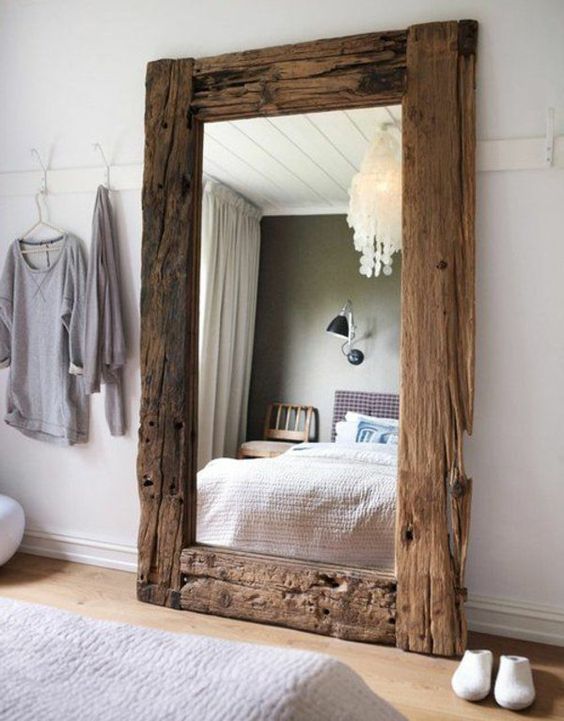In today’s fast-paced and technology-driven world, handmade furniture may seem like a relic of the past. However, there is still a strong demand for artisanal craftsmanship and traditional techniques in the furniture industry. Many people are beginning to appreciate the value of handmade furniture, not only for its aesthetic appeal but also for its quality and sustainability.
Handmade furniture is often seen as a form of art. Each piece is carefully crafted by skilled artisans who have honed their craft over years of practice. From intricate carvings to hand-stitched upholstery, handmade furniture showcases the artisan’s attention to detail and dedication to their craft. This level of craftsmanship cannot be replicated by mass-produced furniture, making each handmade piece unique and one-of-a-kind.
In a world filled with cheaply made, disposable furniture, handmade pieces stand out for their quality and durability. Handmade furniture is typically made with high-quality materials and construction techniques that ensure longevity. By investing in handmade furniture, consumers can enjoy pieces that will last for generations, rather than needing to be replaced after just a few years.
But perhaps the most compelling reason to choose handmade furniture is its sustainability. Mass-produced furniture often relies on harmful chemicals, synthetic materials, and exploitative labor practices. Handmade furniture, on the other hand, is usually made using natural materials and traditional techniques that have minimal impact on the environment. Artisans who create handmade furniture are also more likely to use sustainable practices, such as sourcing materials locally and supporting small-scale producers.
Preserving the tradition of handmade furniture is about more than just aesthetics; it is about honoring the artistry and skill of the artisans who create these beautiful pieces. By supporting handmade furniture makers, consumers can help ensure that these traditional techniques are passed down to future generations. This not only preserves a vital part of our cultural heritage but also helps sustain small businesses and communities.
In a world where mass-produced, disposable products dominate the market, handmade furniture offers a refreshing alternative. By choosing handmade furniture, consumers can bring a touch of tradition and craftsmanship into their homes while supporting small businesses and sustainable practices. So next time you are in the market for furniture, consider investing in a handmade piece that will not only beautify your space but also preserve a timeless tradition.
 goodworksfurniture Decoration and home design ideas
goodworksfurniture Decoration and home design ideas













